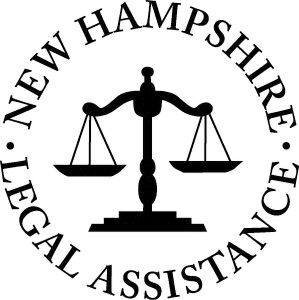What Is a Reasonable Accommodation or Modification for My Disability?
Every person has the right to enjoy their home. Protections against discrimination based on disability apply to most public and private housing, including apartments themselves as well as the common use areas within an apartment building or complex.
Every person has the right to enjoy their home. Protections against discrimination based on disability apply to most public and private housing, including apartments themselves as well as the common use areas within an apartment building or complex. People with disabilities may find that the construction of the home, the parking lot, community rooms, or apartment complex gyms are not physically accessible. In other cases, policies set by the landlord or management company may be difficult or impossible to follow based on a person’s disabilities.
Under state and federal law, landlords must make reasonable accommodations or modifications if it is necessary to a person’s equal use and enjoyment of the home. Not all requests may be granted, but many adjustments can be made through communication and negotiation that are reasonable and work for both tenant and landlord.
What Does Accommodation Mean?
An accommodation is a change in a rule, policy, or procedure that would allow the person to fully use and enjoy the dwelling. This could include requesting a parking spot closer to your apartment or allowing an assistance animal in a complex that prohibits pets.
It can also include policies that require certain tasks or behaviors from tenants. For example, if an apartment complex requires tenants to move their vehicles within 24 hours after a snowstorm for parking lot snow removal, this may not be possible for a person with certain disabilities. A tenant can request assistance moving the car or an extended time frame to accommodate their disability.
What Does Modification Mean?
A modification is a change to the physical structure of the apartment or common areas to accommodate a disability. This could include widening a doorway, installing a ramp for wheelchair access, or building a walkway for easier access to common areas.
While the landlord must allow for a reasonable request, the tenant is responsible for the cost. If the apartment is federally subsidized housing, the landlord must cover the cost of a reasonable modification.
How Do I Get an Accommodation or Modification?
The first step is to ask! You can either ask verbally or in writing. Some landlords may ask you to make the request in writing or to fill out a specific form. This is not required under law, but we do recommend you submit it in writing to document the request and when it was made.
In your request, tell the landlord why you need the modification or accommodation and how it relates to your disability. Under the law, there must be a connection between the disability and the requested modification or accommodation.
Can a Landlord Refuse to Make an Accommodation or Modification?
Any request to change policies or the physical building must be reasonable. That means it cannot cause an undue financial or administrative burden on the landlord or require a major change that would alter the landlord’s operations.
Each request must be evaluated on a case-by-case basis and the landlord must consider the tenant’s request and discuss alternative accommodation options. If you make a request and your landlord returns with an alternative, you are not obligated to accept it if it does not meet your needs and your original request was reasonable.
Need Help Making An Accommodation or Modification Request?
The NHLA Fair Housing Project sees a number of cases each year related to housing discrimination based on disability. If a landlord refuses to make a reasonable accommodation or allow a modification for a tenant with disabilities, that is illegal. Contact us for help.

